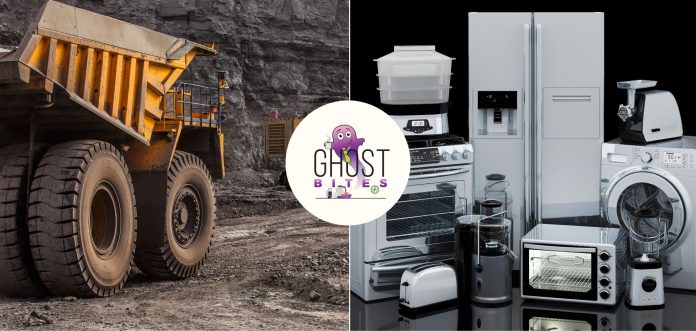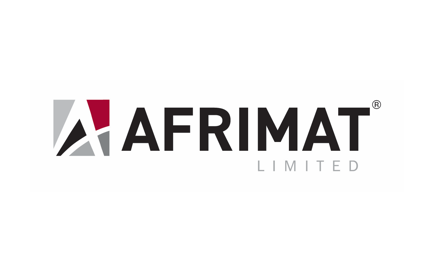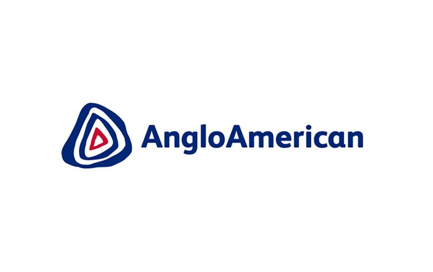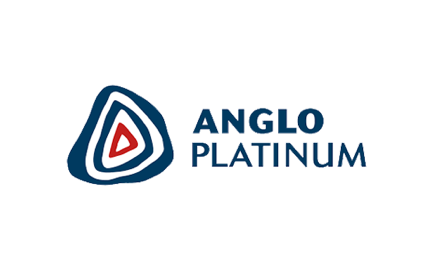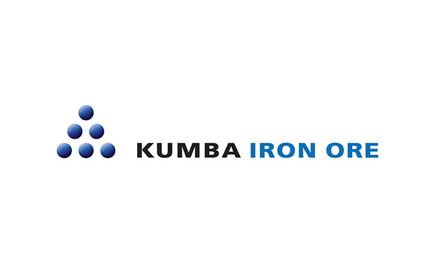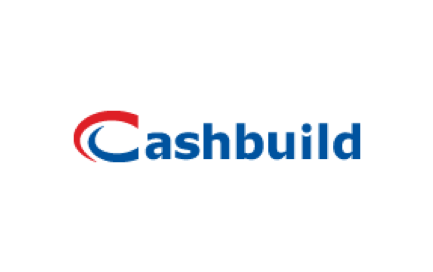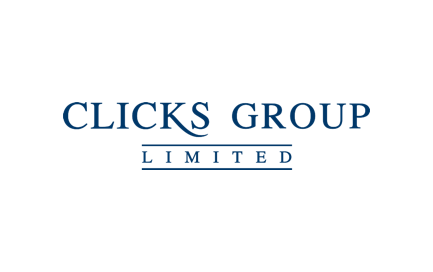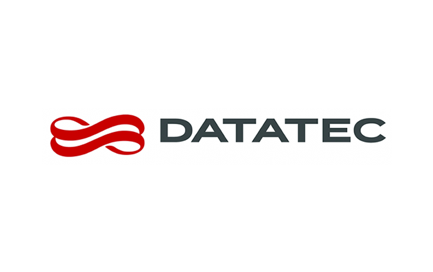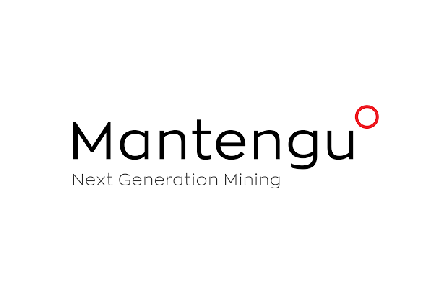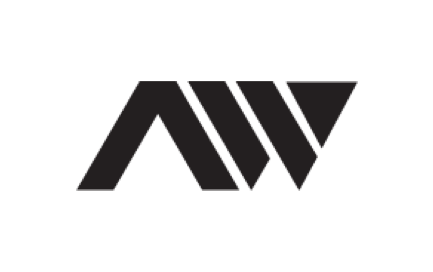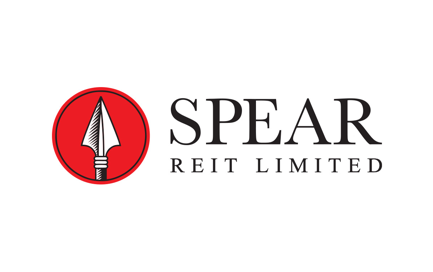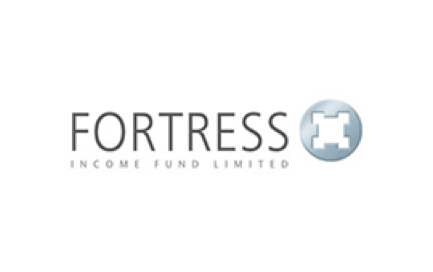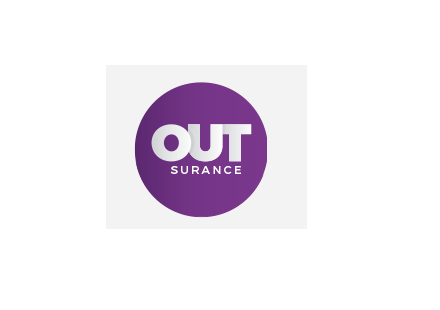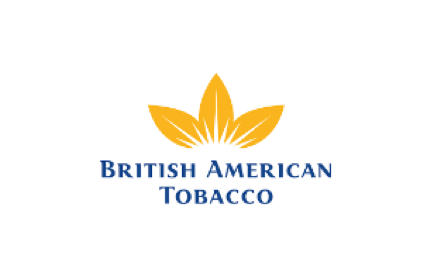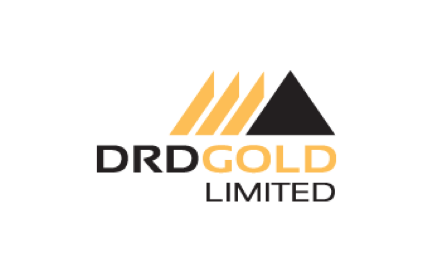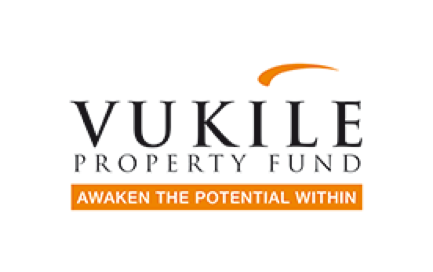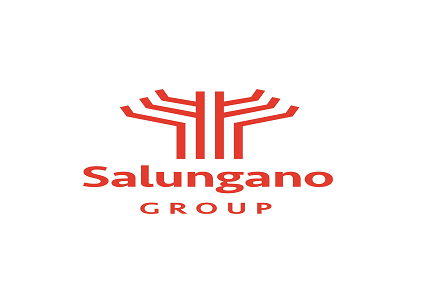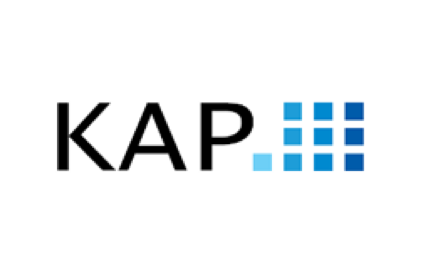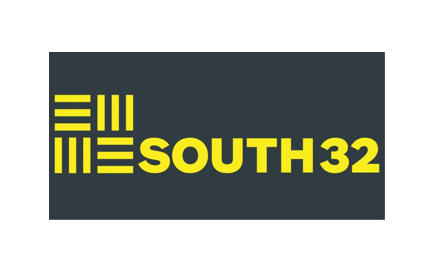A tough period for Afrimat (JSE: AFT)
As luck would have it, the industry suffered a negative swing just as Afrimat took a chance on the Lafarge deal
You need to be harder than cement to manage a business in this industry, as you simply never know when the cycle will bite you. Despite the uncertainty, you have to keep investing in new business lines and riding things out, hoping for decent returns when viewed with a long-term lens.
Historically, Afrimat has done a great job of this. That doesn’t mean that every period will be great, though. The six months to August 2024 are proof of this, with a low iron ore price and major infrastructure challenges locally, as well as pressure on local industrial customers and of course the losses at Lafarge in the early days of the turnaround.
Combine all these factors and you get the unusual outcome of revenue up 44.3%, yet HEPS crashing by around 80%. The jump in revenue is thanks to the Lafarge acquisition. The pain in HEPS was also driven by the Lafarge acquisition, along with a halving of operating profit in the Bulk Commodities segment. Although group operating profit increased 4% to R555 million, this was thanks to a bargain purchase gain related to the Lafarge deal of R263 million (the opposite of goodwill i.e. when you pay below net asset value for an acquisition). Bargain purchase gains, much like goodwill impairments, are excluded from headline earnings.
In terms of outlook, some of the challenges that hurt this period are looking better, like signs of life in the Lafarge turnaround strategy. They also expect local iron ore volumes to improve in the second half of the year. Notably, the GNU hasn’t yet resulted in an uptick in large infrastructure or development projects, a comment that echoes what we saw recently at PPC.
Anglo group companies released production and sales updates (JSE: AGL | JSE: AMS | JSE: KIO)
And yes, lab-grown diamonds continue to hurt De Beers
Let’s begin with Anglo American Platinum, currently the ugly duckling in the group although you would never say it with a 13.8% jump in the share price on the day! Any signs of life in the platinum sector will be met with celebration as everything has been so depressed. Even after that rally, the share price is down 21% year-to-date.
In terms of production, Anglo American Platinum managed 22% growth in refined PGM production for the third quarter despite a decrease in mined volumes. Sales volumes were up 16%, supported by higher production. Refined production guidance has been revised to 3.7 to 3.9 million ounces vs. 3.3 to 3.7 million ounces previously. That’s obviously good news. Further good news is that they are on track for the cost guidance range of R16,500 to R17,500 per PGM ounce, most likely at the upper end of the range.
Moving on now to Kumba Iron Ore, production fell 3% year-on-year but increased sequentially vs. the second quarter. Sales volumes increased 2% year-on-year but fell sequentially, so it follows a different shape to production volumes. That’s what happens when the logistics are so unreliable in terms of trains and ports. Not only is Transnet a source of uncertainty and usually disappointment, but the weather plays a role as well.
Despite Kumba literally curtailing its ambitions to align more with what Transnet is able to actually provide in infrastructure support, they still expect sales volumes to be towards the lower end of full year guidance of 36 to 38 Mt.
We end with the mothership – Anglo American itself. Aside from the obvious mentions of Anglo American Platinum and Kumba Iron Ore and how they roll up to group numbers, Anglo American is highly focused on copper at the moment (they are on track for full year guidance despite a planned closure in this quarter) and also highlighted another record quarter at Minas-Rio iron ore in Brazil.
As for De Beers, my thesis on rough diamonds continues to play out, with words like a “protracted recovery” and a reduction in rough diamond production in response to market conditions. Production fell by 25%. You can safely ignore the corporate spin here – the reality is that lab-grown diamonds have taken a chunk of market share, exactly as I expected.
Overall, there aren’t too many highlights in the Anglo group story right now. The share price is up 21% this year as the market has retained some of the gains linked to the excitement around a potential deal with BHP, even though it didn’t happen.
Cashbuild does indeed seem to have bottomed – there’s finally growth! (JSE: CSB)
I’m long Cashbuild and very happy to see this
I’ve written about Cashbuild extensively in Ghost Bites and elsewhere. The TL;DR is that the stuff that broke the business (high interest rates / poor consumer sentiment / prioritising loadshedding spending on solar) has all improved and should continue to improve. It therefore doesn’t require a leap of faith to think that Cashbuild should benefit.
In the first quarter of the new financial year, revenue is up 5%, with 4% from existing stores and 1% from new stores. Sales volumes were up 3%, so people are gingerly emerging from their caves of despair and spending on their properties once more.
Selling price inflation was 1.4% year-on-year, so that helps drive volumes as most people are getting increases ahead of that level.
Even battered P&L Hardware South Africa is up, with growth of 9%!
The share price is up 6.6%. More importantly, it’s up nearly 30% since the bonkers V-shaped drop in August that I treated like an early Christmas present. I love the markets, especially when they are kind to me.
Clicks looks incredibly strong (JSE: CLS)
Retail turnover growth and better margins have driven this outcome
In the results for the year ended August 2024, Clicks points out that the total shareholder return over the past 10 years has been a compound annual growth rate (CAGR) of 20.7%. That is extraordinary, which is why the group has a strong international shareholder base. As emerging market retail businesses go, Clicks is one of the best.
This is evidenced by growth in the dividend of a substantial 14.3% for this financial year, accompanied by return on equity of 46.4%. These are the kind of numbers that investors just love to see.
Growth is being driven by retail turnover, which increased 11.7% overall. Comparable store turnover was up 8.4%, with pricing up 6.3% and volumes 2.1%. This means that not only is Clicks expanding the number of stores and accelerating growth, but they are achieving excellent numbers in the existing store base as well.
Comparable retail costs grew 7.4%, so there’s margin expansion at store level. Total costs were up 12.5%, with store rollout and other costs running ahead of total turnover growth in this period.
The slower side of the business is distribution turnover, where UPD only grew by 3.3%. This highlights that much of the growth is in beauty and personal care products rather than pharmaceutical products. There’s nothing wrong with that for Clicks shareholders, as the better margins are made in the “front shop” anyway. At least there’s positive momentum in margins in medicine as well, with an increase in the regulated Single Exit Price and a resultant 70 basis points improvement in distribution margin.
With group trading profit up by 15.1% and headline earnings up 11.9%, these numbers are hard to fault. Clicks is a cash generating machine of note, with cash from operations of R6 billion and capital expenditure of R890 million. They plan to keep expanding in the 2025 financial year and I wouldn’t bet against another great set of results coming through, assisted by improved consumer spending as interest rates come down.
The share price spiked during the day and eventually closed only 1.6% higher. Year-to-date, the price is up 17.4%.
Datatec’s earnings are much higher and there’s a dividend (JSE: DTC)
This is despite a 5.5% dip in revenue
Datatec is a lesson in the importance of gross margin. Although revenue was down by 5.5%, a significant improvement in gross margin from 15.1% to 16.6% means that gross profit was up 3.5% on a net basis. Along with efficiencies in the expense base that led to EBITDA margin increasing from 2.9% to 3.9%, this was enough to drive EBITDA 27.2% higher and HEPS a beautiful 66.7% higher.
Now, some of this is due to accounting changes in products, in which only the gross profit is recognised on a net basis vs. the revenue and the cost of sales. That is why Logicalis International, by far the biggest part of the group, saw gross margin jump from 24.4% to 28.5% despite revenue being 10.9% lower.
Either way, EBITDA growth looks fantastic and the group declared an interim dividend of 75 cents per share, compared to no interim dividend last year.
That’s a great set of numbers that will no doubt have investors smiling!
Mantengu Mining is ever so slightly profitable – and angry about its share price (JSE: MTU)
This is an extremely odd narrative to be pushing
Mantengu Mining expects to report positive HEPS of between 1 and 2 cents for the six months to August. That’s a huge improvement vs. the loss of 10 cents in the comparable period, driven by a substantial uptick in chrome concentrate production.
Things are certainly looking better, with the company expecting production to get even better going forward.
This is a great story to be able to tell, so why is management saying outlandish things about the share price? This is worth repeating verbatim from the announcement:
“The Board continues to be of the opinion that its shares are being manipulated downwards and thus the company is pursuing both civil and criminal legal action. Mantengu’s wholly owned subsidiary, Langpan Mining Co (Pty) Ltd, has a JSE approved Competent Person’s Report with a valuation of R851 million using December 2021 market prices. This computes to R3.88 per Mantengu share and excludes Mantengu’s recent acquisitions of Meerust Chrome (comparable size) and Blue Ridge Platinum (Pty) Ltd, yet the current share price is trading at approximately R0.80 cents per share.”
If they can prove market manipulation, then all well and good. Personally, it sounds to me like someone needs to sit them down and explain that (1) markets aren’t fair and (2) companies trade at discounts to the directors’ valuation all the time, especially smaller companies on the market that are barely profitable.
If the shares are so wildly undervalued, then why not calm down on the capex and pursue share buybacks instead?
Comments like these bring the entire market into disrepute. If they don’t have absolute proof of manipulation, then the JSE should be stepping in here.
And by the way, since it closed 35% higher on the day, is that also manipulation? Or is it only manipulation when the price goes down?
A decent second half at Nu-World (JSE: NWL)
Here’s another sign of improved consumer sentiment
Nu-World isn’t a business that you’ll hear about very often. The group is focused on consumer goods, specifically of a more durable nature like appliances. Things got a lot better in the second half of the year, with durable goods sales improving for the first time since mid-2021 based on retail statistics. This can only get better from here as lower interest rates start to have a meaningful impact in the economy.
For the full year ended August, Nu-World managed revenue growth of 8.3% and HEPS growth of 7.1%. When you consider that HEPS was down 5% for the interim period, that’s a huge positive swing in the second half of the year.
This confidence resulted in an 8.3% increase in the dividend and thus a higher payout ratio. Although there are international businesses in the mix here and this isn’t a pure-play on South Africa, these are encouraging signs regarding local sentiment.
Spear sees positive leasing momentum (JSE: SEA)
Tenant sentiment seems to have improved
The positive impact of the GNU is slowly making its way through the economy. It will take longer to land in an uptick in construction projects (as discussed in Afrimat further up), but it has at least had an impact on general business confidence. This leads to more positive decisions on things that are less daunting than large construction projects, like simply entering into a lease. Spear REIT has highlighted optimism in the tenant base and the conclusion of leases where tenants were uncertain before the GNU and then felt inspired to put pen to paper.
This was also a major factor in the group achieving positive reversions of 3.57% for the six months to August, which means new leases are at higher rental rates than the expired leases. Notably, reversions were still negative in the commercial (office) portfolio at -2.19%. Occupancy rates in the office portfolio improved considerably though, so positive reversions can’t be far away.
Overall, Spear managed growth in distributable income per share of just over 2% for the interim period. The distribution per share is up 3.1%, so the payout ratio increased slightly to 95%.
The loan-to-value was under 24% as at the end of August but that was before the Emira deal closed. As Spear announced earlier in the week, this has increased to between 31% and 33% now that the Emira deal has concluded.
The interim distribution represents a six-month yield of 4.1%. You have to be careful just doubling this as an annual yield when there are so many changes to the underlying Spear portfolio, but it gives you an idea at least.
Nibbles:
- Director dealings:
- The CEO of Fortress Property Fund (JSE: FFB) has pledged shares worth R30.6 million for a loan facility with a limit of R23 million. This isn’t a trade in the traditional form, but can lead to trades if the debt facility is used and something goes wrong. It also shows you how listed company executives use their shares to gain access to financing.
- A director of a major subsidiary of OUTsurance (JSE: OUT) acquired shares worth nearly R5 million.
- A senior executive of British American Tobacco (JSE: BTI) and a close associate of that executive sold shares worth £73k (roughly R1.7 million)
- It would be nice to see better disclosure from DRDGOLD (JSE: DRD) on director dealings, as the company pools share awards, sells shares and allocates the sale based on how much each director wanted to sell. This doesn’t tell us to what extent directors sold only the taxable portion of each award or the entire thing.
- Vukile (JSE: VKE) released a cautionary announcement that subsidiary Castellana Properties has entered into negotiations to acquire a shopping centre in Spain. The growth story looks set to continue there, although there’s no certainty of this particular deal going ahead of course.
- Salungano Group (JSE: SLG) is currently suspended from trading and expects to release interim results by the end of the month. They won’t be pretty, with a headline loss per share of between 88.04 cents and 91.96 cents, much worse than 19.64 cents in the comparable period.
- Pat Quarmby is stepping down as chairperson at KAP (JSE: KAP), with Johan Holtzhausen stepping up from lead independent director to chairperson.
- If you are a South32 (JSE: S32) shareholder and looking to learn as much as possible about the company, then they have released the CEO and chair addresses from the AGM over SENS. It won’t give you much in addition to the financial results that the AGM relates to, but by all means give them a read for additional information.

